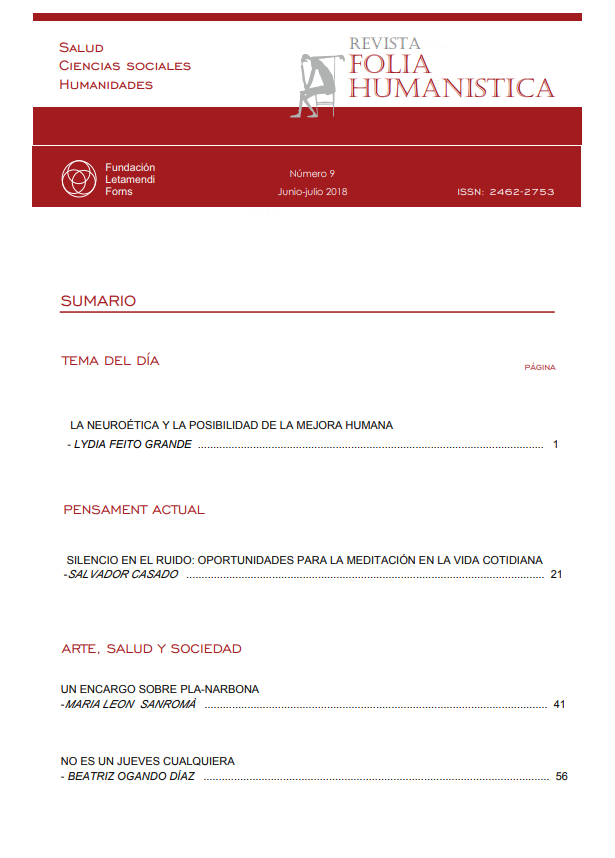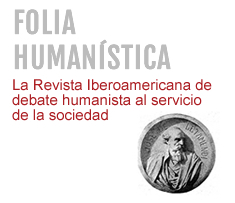La neuroética y la posibilidad de una mejora humana
DOI:
https://doi.org/10.30860/0038Palabras clave:
neuroética, naturaleza humana, mejora cognitivaResumen
Si definimos “neuroética” como «el examen de lo que es correcto o no, lo bueno y lo malo acerca del tratamiento, perfeccionamiento o invasión no deseada y preocupante manipulación del cerebro humano.», podemos convenir que son muchos los retos que se abren frente a nosotros. Los avances farmacológicos, en técnicas de neuroimagen y progresos tecnológicos, abren la posibilidad de conocer los pormenores de nuestros estados mentales, como también mejorar nuestras capacidades cognitivas. En el presente trabajo examinamos los pros y contras de este nuevo escenario. Por un lado quienes defienden estas mejoras como un paso hacia una libertad personal mas completa, e incluso la obligación moral de mejorar aquellos rasgos que nos hacen mas humanos, pero también las objeciones prudenciales de quienes se oponen. El ser humano no es meramente un conjunto de capacidades y habilidades cognitivas, sino una biografía y un incardinamiento en un tejido social y cultural. Mantenemos equilibrios precarios fruto de generaciones en interacción con un medio físico y cultural altamente complejo.
Descargas
Publicado
Cómo citar
Número
Sección
Licencia
La Revista Folia Humanística se adhiere a Creative Common en la modalidad: Reconocimiento – NoComercial – CompartirIgual (by-nc-sa): No se permite un uso comercial de la obra original ni de las posibles obras derivadas, la distribución de las cuales se debe hacer con una licencia igual a la que regula la obra original.








